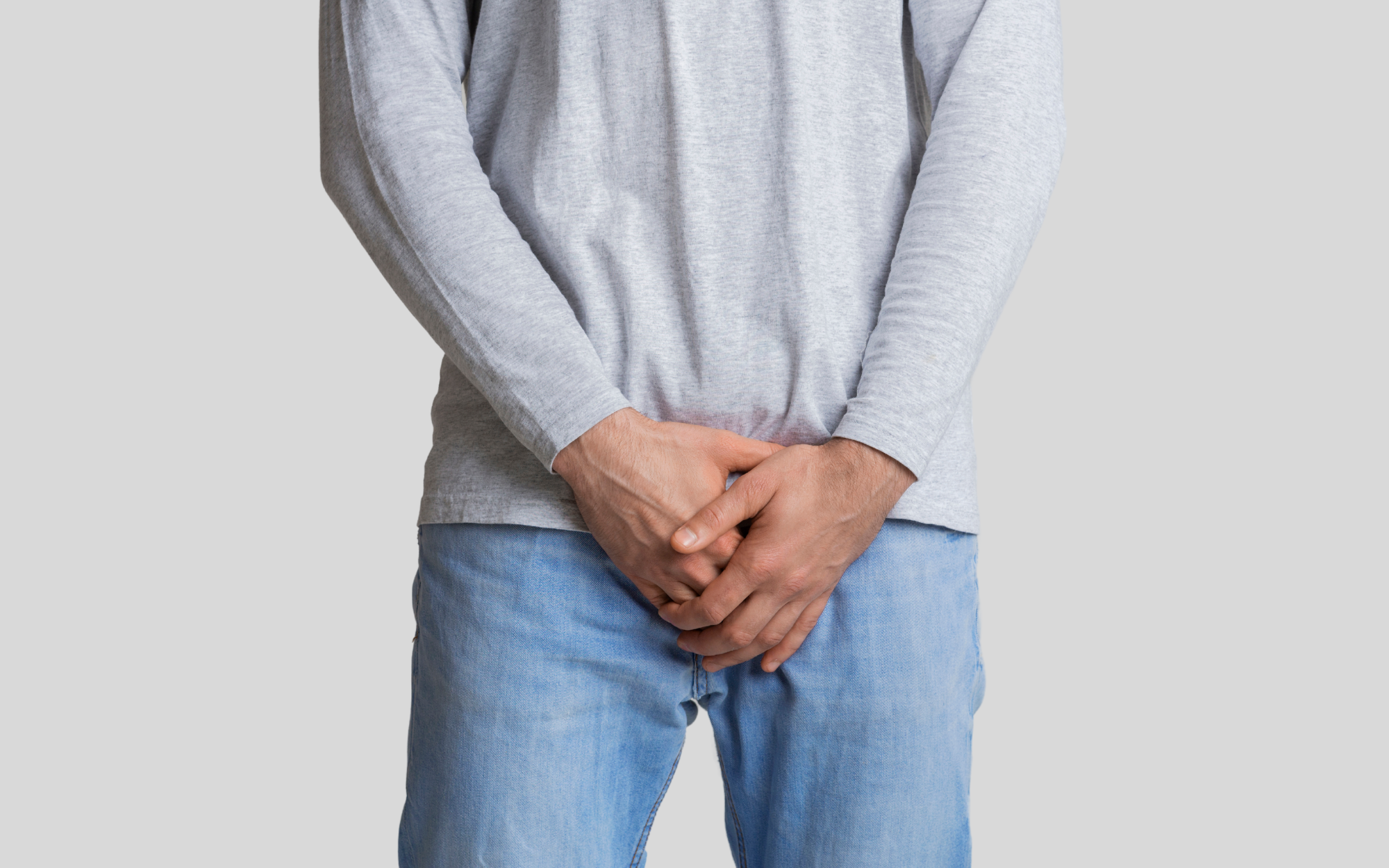Can men get overactive bladder? How is it different from prostate issues?

By Board Certified Urologist, Dr. Yana Barbalat
Yes, both men and women can have overactive bladder. There are many causes of overactive bladder in men, which makes this a confusing topic not just for patients, but even for physicians!
First, let’s define overactive bladder (OAB). OAB is a group of urinary symptoms, not a disease, in of itself. The most common symptoms include sudden urgency to urinate, leaking of urine with sudden uncontrolled urgency, frequency of urination, and waking up more than one time per night to urinate. People who have OAB often feel that their bladder is in control of their lives.
What can cause OAB in men?
- Neurological conditions such as Parkinson’s disease, previous history of stroke, multiple sclerosis, spinal cord injury, and dementia
- Other medical conditions such as diabetes, sleep apnea, previous pelvic surgery, and diuretic use
- Intake of bladder irritants- soda, caffeine, artificial sweeteners, and spicy foods can all irritate the bladder which can lead to OAB
- Current or recent bladder infection or infection of the prostate
- Long standing blockage of the urethra and urine flow.
- Many people have overactive bladder without any obvious cause. They do not have any known medical issues or prostate enlargement. It is very possible that some people’s bladder wall and/or lining has receptors that are more sensitive to urine, than others. Hormones, small chemicals, unknown bacteria and virus, and nerves may be involved in the development of OAB in men and women. There is still a lot to learn about the causes of overactive bladder in men and women and research is under way.
In conclusion, men suffer from overactive bladder, just as women do. There are many causes of OAB and through research, we are learning more and more about how our bladder functions. Many therapies have become available in the past decade. Options for managing OAB include lifestyle changes, over the counter and herbal remedies, prescription drugs, minor procedures, and even surgery. Stay tuned for my future posts to learn more about overactive bladder.
Knowledge is power
Sign up to our newsletter to keep learning!

- Choosing a selection results in a full page refresh.
- Opens in a new window.



